What is an expert?
An achiever in a specific area:
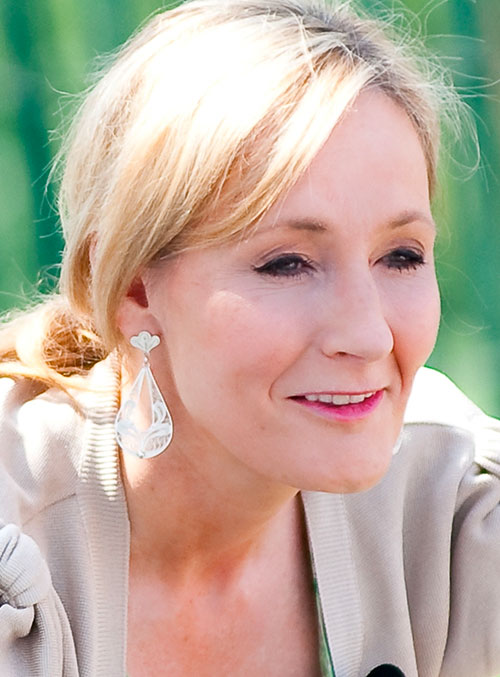
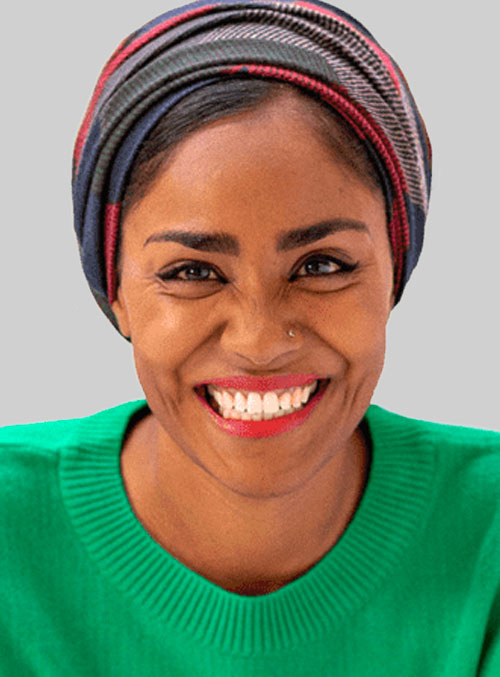
A Campaigner or influential leader:
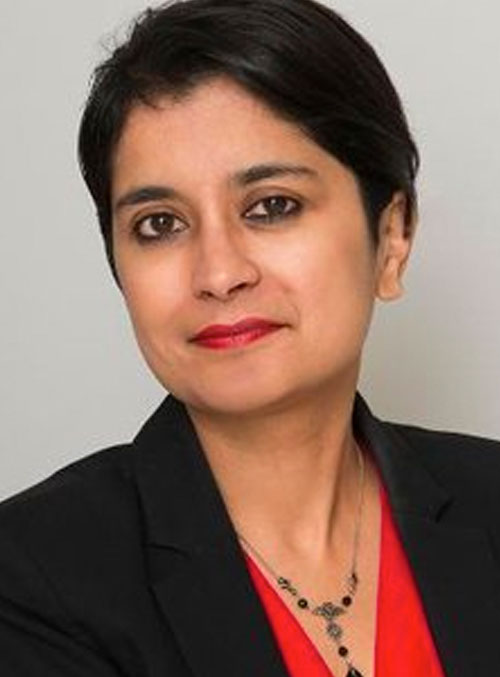
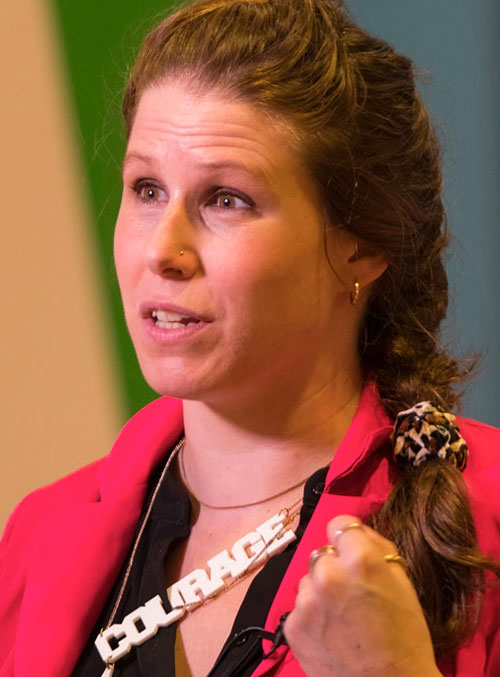
Someone with an authoritative job or role:
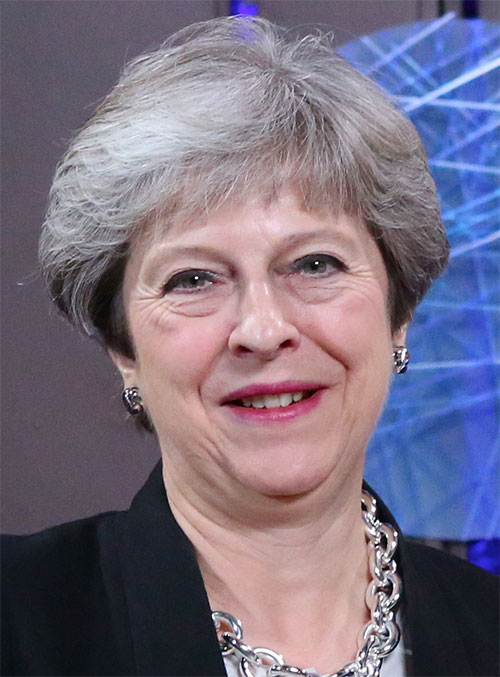
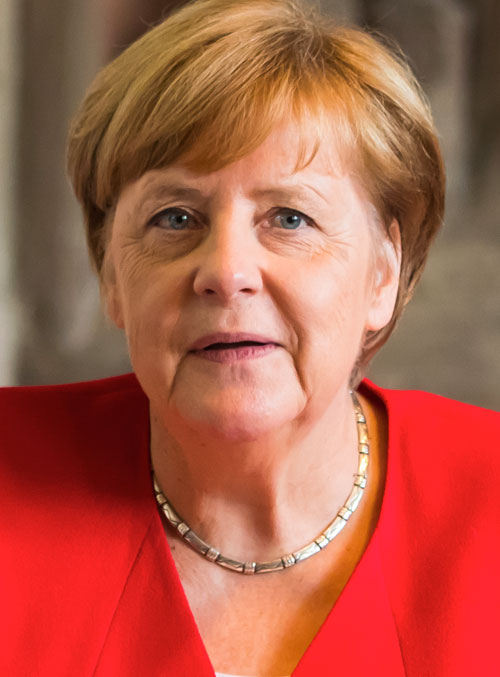
Someone with respected knowledge and opinions:
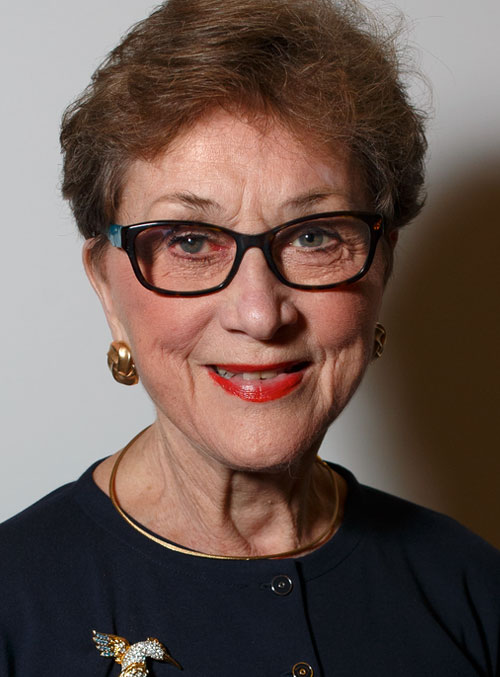
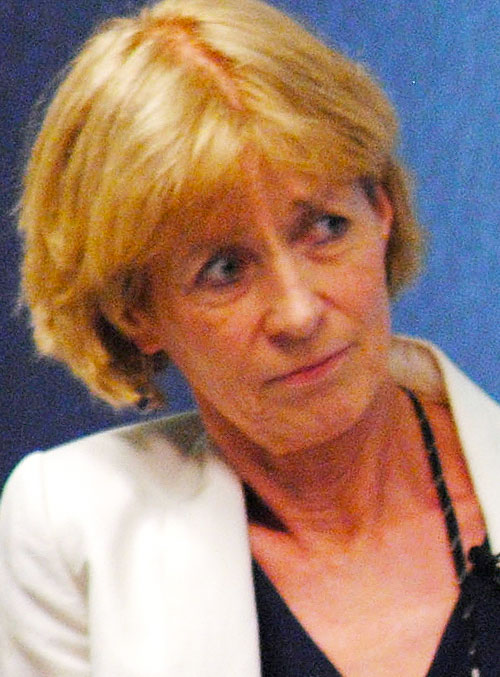
This slide from 2012 shows how we worked. From the outset we used the word “expert” in the way it was usually used in newsrooms – “get me an expert, as soon as you can!” But we also used it to cover authority figures whom journalists were obliged to interview, like the Prime Minister. An expert, in our vernacular, was anyone who was interviewed on a news programme because of their authority – including politicians and celebrities. So we didn’t include case studies, examples, witnesses, survivors, or vox pops interviewees.
Nor did we make an exception for specific gender based roles e.g. the Pope, or for where the interviewee had to be a man because a man held that role e.g. David Cameron as Prime Minister. We found that journalists sometimes used that as an excuse not to ask women or to ignore a female perspective. We felt there should be an effort to balance every male authority figure with a woman authority figure, even if that woman was less important, simply because there were equal numbers of male and female in the population – in fact, women were in a slight majority! So when we counted, we just wanted to know how many women experts were used, and how many men experts were used.
Monitors made subjective judgements about who was considered an expert and were advised to err on the side of assuming someone was an expert, rather than excluding them. This meant that we couldn’t be accused of overstating the case about the lack of women experts